Functional Fashion is a Bridge to Society
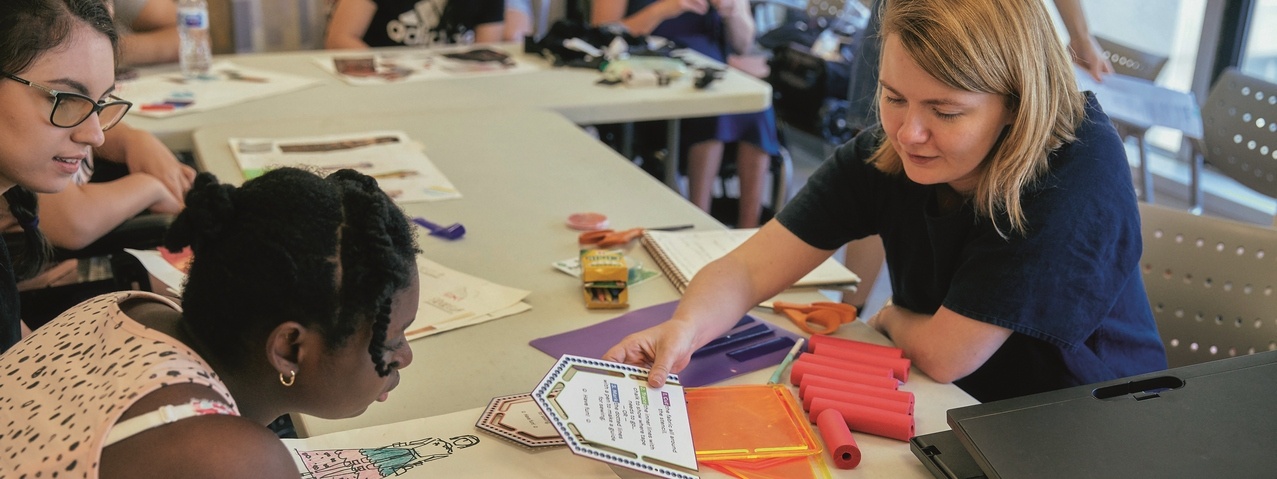
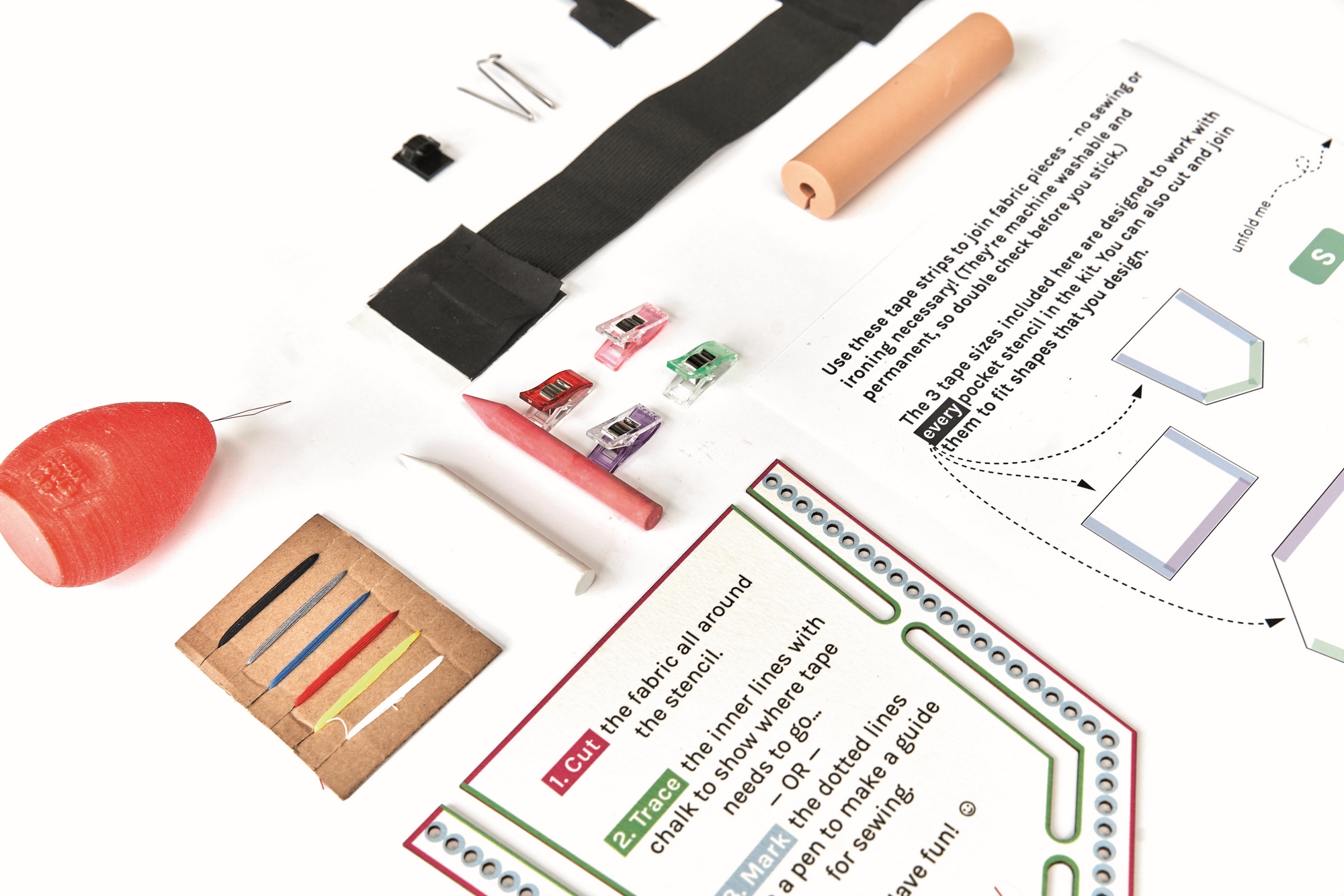
|
Text by Steve Jarvis |Photographs by Open Style Lab Slipping on a coat, or pulling off a t-shirt are reflex actions for most people. Now imagine that every time you had to do this meant asking for help. Even more intimidating, when out in public what if you had to make this request to a stranger. Open Style Lab has set itself the mission to help reduce such daily struggles for people living with a disability. From fashionista to fast fashion, whether we like it or not, what we wear every day says something to the world around us. Clothes, however, are designed almost exclusively for able-bodied people, so for those with physical disabilities, dressing is a constant reminder that one does not fit in. These individuals often need clothes designed to fit their unique physical and functional needs, an almost impossible challenge for the off-the-rack fashion industry. Fortunately, Open Style Lab (OSL) is raising awareness of this issue and supporting the design of functional and fashionable wearables for people that struggle to control their limbs, spend their time in wheelchairs, or any of the other infinite possibilities that an individual may require to feel well presented to the world. New York-based Open Style Lab is a nonprofit organisation filling the gap in the fashion marketplace for adaptive clothing—clothes that meet the individual needs of people with disabilities. OSL started in 2014 as a workshop series, with 8 disabled clients having their specific needs addressed by teams of design students design, engineering, and occupational therapy. In 2015, OSL collaborated with Parsons School of Design to bring their summer programme to New York with a sponsored class, as part of the CEO Grace Jun's full-time faculty position to connect education with research practice. Based on the OSL model of co-creation, the Parson’s elective course and the summer programme brings together teams of fashion designers, engineers, rehabilitative professionals, and people with disabilities to produce high-quality designs and products such as adaptive clothing and style-hacking tools. |
Personalised fashion changes lives Under the guiding philosophy of human-centred design, OSL has made a dramatic improvement in its clients’ lives. Design highlights include accessible winter coats, pants and skirts to aid the toiletry needs of the mobility impaired, raincoats for wheelchair users, and inflatable vests for people living with back pain. The ten-week summer programme is based on an intensive and thorough co-creation process divided into two – the first half consisting of reading, writing and listening to guest lecturers, and the second half consisting of cocreating with clients. Co-creating teams get as detailed as possible an understanding of the client’s needs, including interviews, and shadowing clients as they go through their daily routines. After this initial phase, close interaction with the client continues as the team moves on to brainstorming and prototyping. The programme concludes with a final presentation of adaptive garments and innovative stylehacking tools created by the teams. OSL is on a mission to increase awareness of the importance of producing accessible clothing and accessories for people with disabilities. This includes outreach to school and various public forums, but also extends to pushing boundaries for materials and wearable technology that allow greater freedom of movement and integration into society. Another important element of their work is advocacy and consulting. For the business world, the persuasiveness of their pitch rests on the potential for meeting the needs of the disabled market. Considering up to 20 percent of the US population identify as having some degree of disability, numbers that will swell with an ageing population, there is considerable opportunity for companies with the foresight and flexibility to address this market and its unmet demand. Within society, the disabled population is often treated as monolithic, failing to pay respect to the incredible diversity of the needs and unique conditions that exist. Consequently, OSL works with fashion, technology and health companies to develop new designs and products that can be adapted to an individual’s needs. In addition, drawing upon their research and development experience, technology innovation activities and rapid prototyping capabilities, OSL is able to help companies through the process of visualising and creating their own universally designed products. These efforts to help shift the market are complemented by an empowerment mission for disabled people. Central to this is the Hack•ability Kit, a super-charged toolkit allowing disabled people to modify their own clothes. The kit is available for purchase online and contains all that is necessary for a crash course in ability-appropriate sewing. Contents include information on materials and their unique characteristics; a range of patterns and supplies to attach easyaccess pocket; loops for hand grips; and instructional media introducing the strategies and tools needed to become a self-designer. The Hack•ability Kit lets users experiment with fashion, express their style, and with a range of specially designed tools included in the kit, they can reinvent the off-the-shelf clothes already in their wardrobes. Working collaboratively with disabled clientele allows OSL to create products that meet the actual function and style needs of people with disabilities. The beneficiaries of these designs get the independence, freedom, and confidence they need to more wholly integrate into their communities. Irene Park, a former client and now OSL Ambassador, puts the challenge of bringing disabled people closer into the fold of mainstream society into perspective. “I loved that through Open Style Lab, young men and women realise wholeheartedly that disability isn't something to be feared or hated, but an ordinary challenge that like any other just needs the right solutions.” It is an inspiring message, not only for designers but for all that seek to live in a more equitable society. |
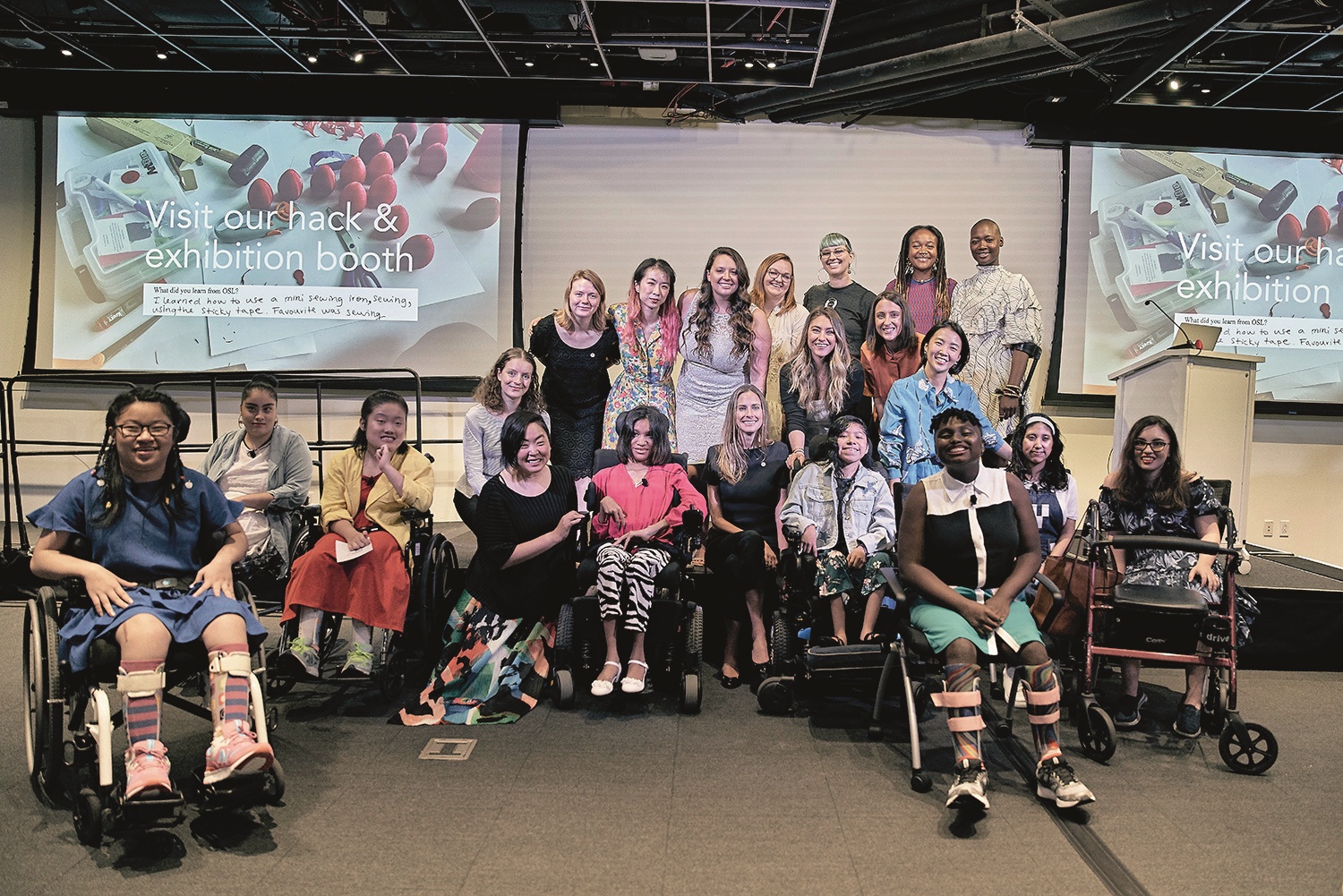
|
Others
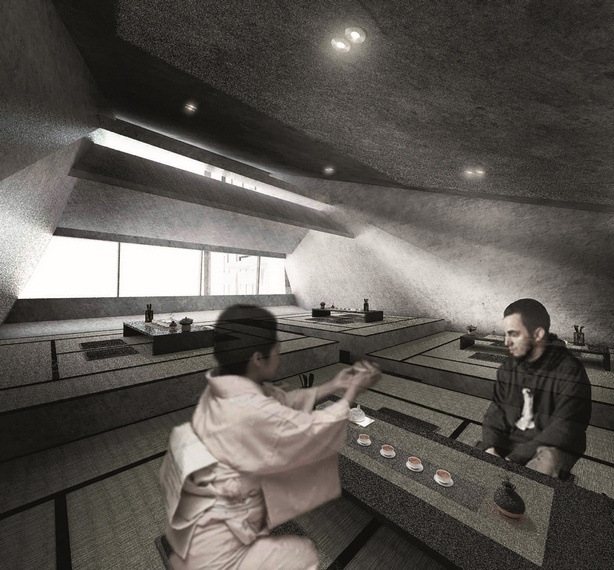
Latest News | 1 December 2020
Music Therapy Tea House
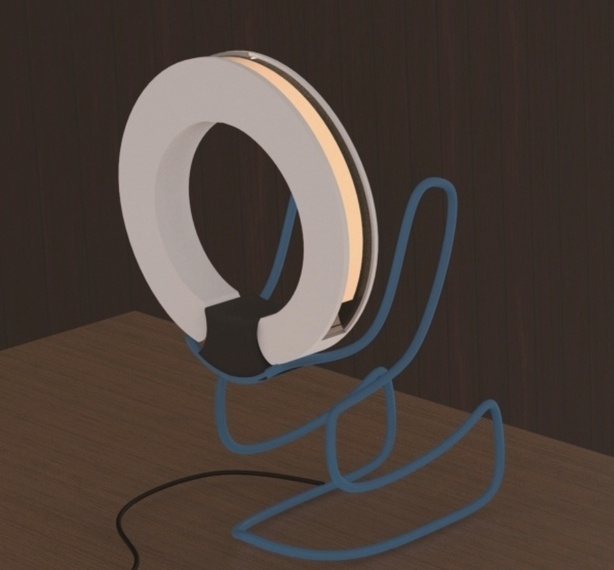
Latest News | 1 December 2020
Human Light
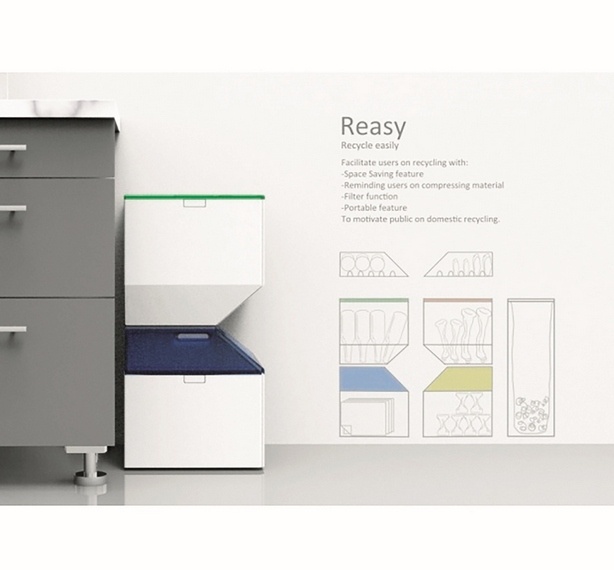
Latest News | 1 December 2020
Reasy
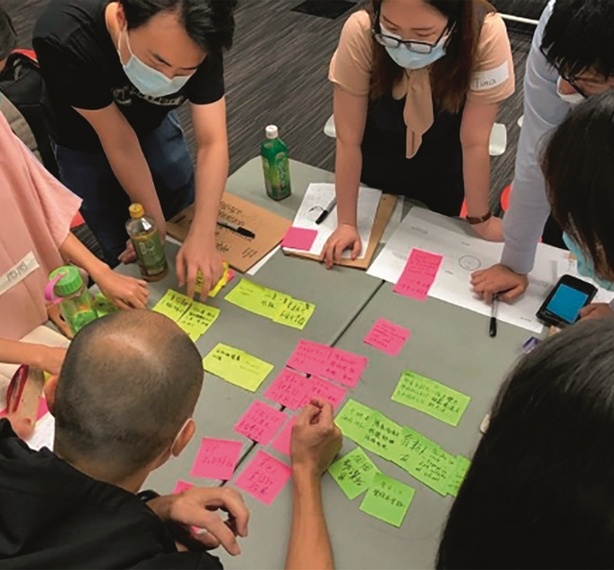
Latest News | 1 December 2020
Design Thinking PMQ
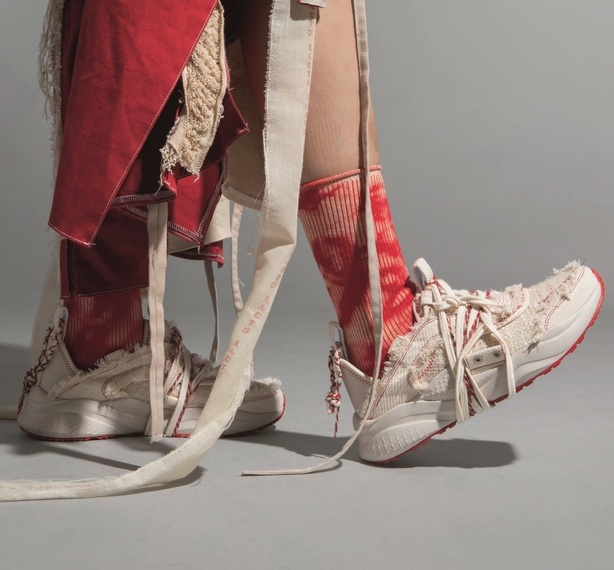
Latest News | 1 December 2020
New Generation, New Force
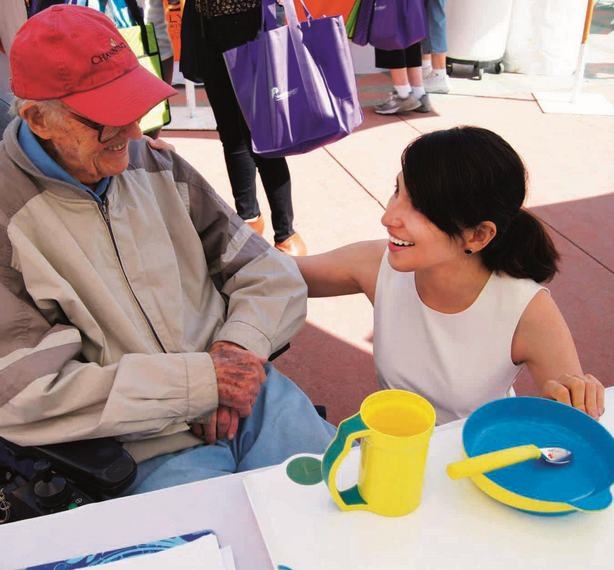
Latest News | 1 December 2020
Designing for basic Human Needs
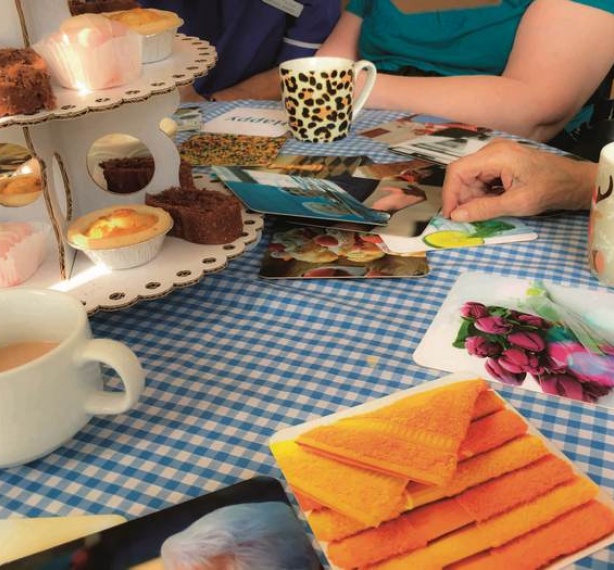
Latest News | 1 December 2020
Sharing about Death Gives Meaning to Life
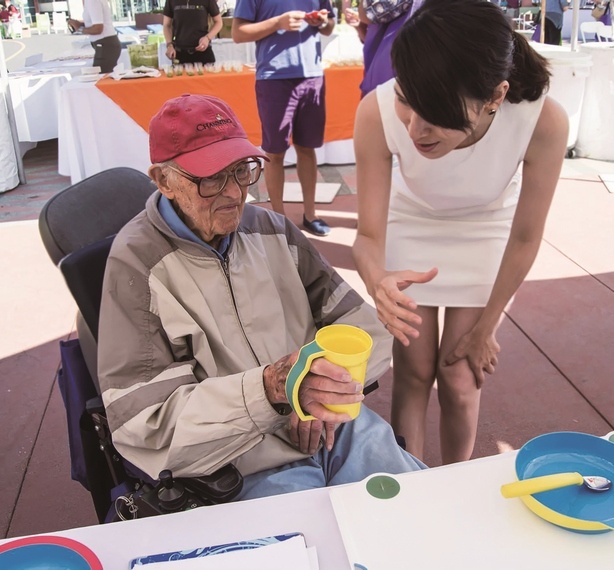
Latest News | 1 December 2020
Tableware Designed with Love
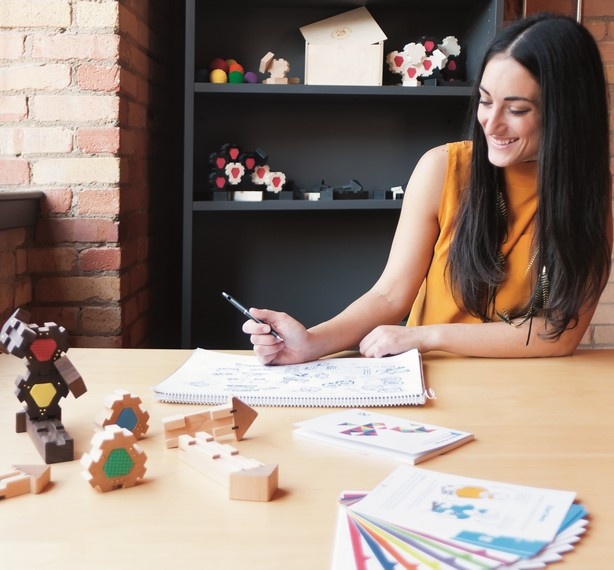
Latest News | 1 December 2020
A Toy for the Twenty-first Century
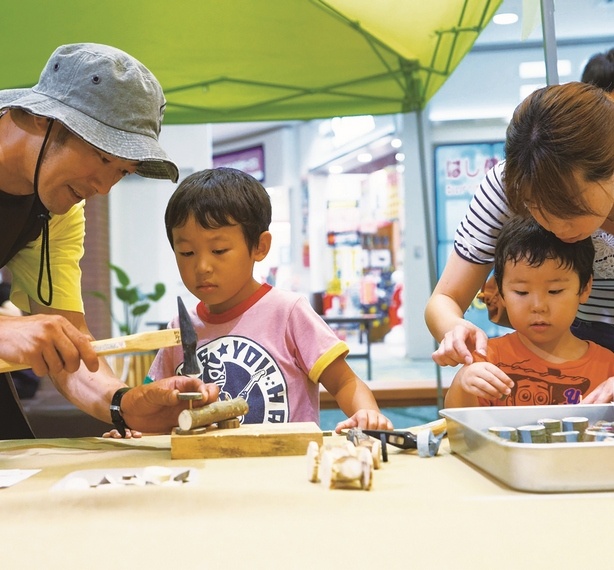
Latest News | 1 December 2020
Value-based Design as a path to Action
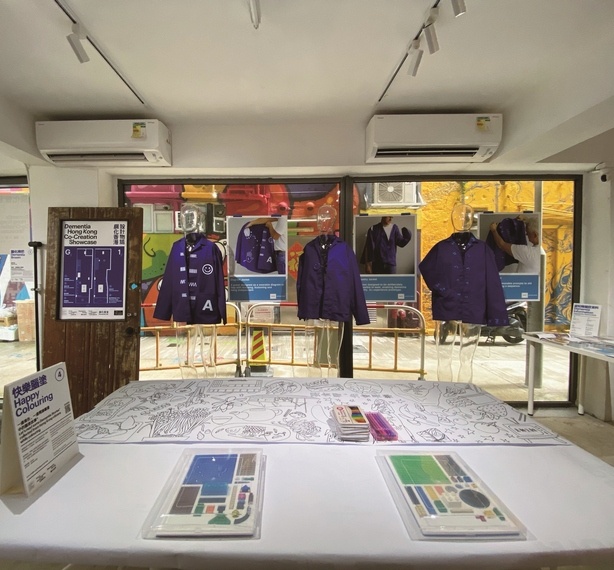
Latest News | 1 December 2020
Design by People for People
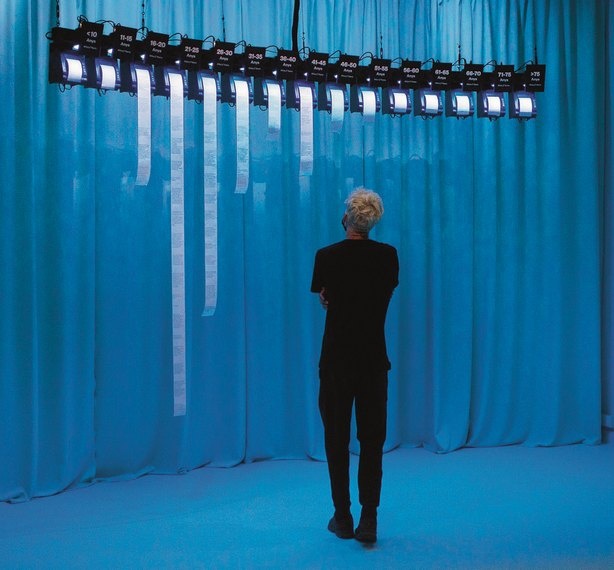
Latest News | 1 December 2020
Stories to Drive Change
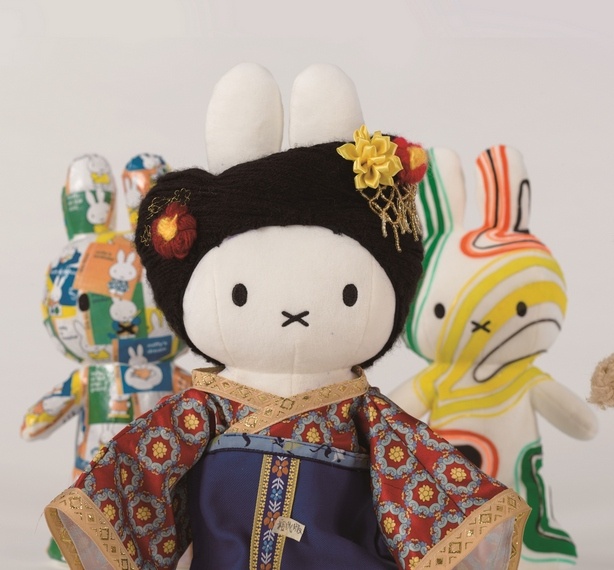
Latest News | 1 December 2020
Miffy
Latest News | 1 December 2020
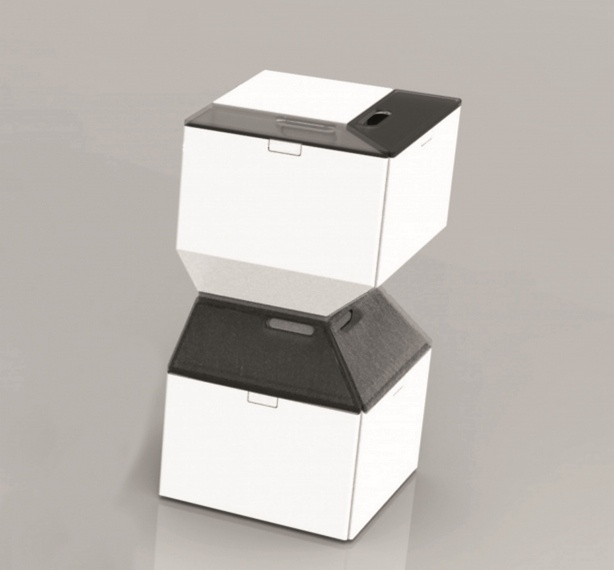
Latest News | 1 December 2020
